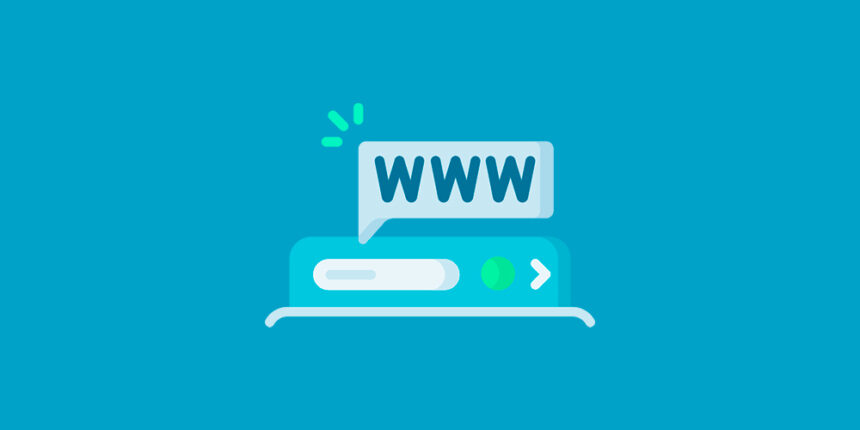In the vast landscape of the internet, owning a domain is a common practice for businesses, professionals, and individuals alike. But the question remains, is your domain truly yours?
At first glance, one might believe so. You’ve requested your provider to register your domain, made a payment, and possess a supporting invoice. Yet, I ask again, is it genuinely yours?
A prevalent and, unfortunately, illegal practice in the domain registration sector involves intermediaries actively (or ignorantly) designating themselves as the domain owners during registration, instead of the individual or entity that requested the registration.
Verifying Ownership To ensure that your domain is genuinely yours, the first step is to check its ownership. Simply perform a “Whois” lookup to obtain the ownership details. It’s crucial to scrutinize all the details, as even an email account not belonging to you can lead to complications in managing your domain.
What if I’m Not the Domain Owner? If you discover that you’re not listed as the domain owner, you’re faced with a serious issue—you don’t own the domain.
The initial course of action involves negotiating with the intermediary who facilitated the domain registration to rectify the ownership details. If it’s a second-level domain like “.es,” this process can be bureaucratic.
If negotiation proves futile, the next step is legal recourse. Without your or your company’s name as the domain owner, reclaiming ownership becomes a slow and costly process, often culminating in legal battles.
Other Potential Domain Pitfalls Beyond issues of ownership, there are various other scams or deceitful practices carried out by certain internet service providers or intermediaries. Being aware of these pitfalls is crucial.
False Renewal Notices: Frequently, companies send emails urging you to renew your domain. If the sender is not your intermediary/provider, exercise caution. Following the instructions in these emails may result in the transfer of your domain from your current provider to the sender, making it challenging for you to retain control.
Domain Gift Offers with Service: Commonly, service providers offer a free domain when you purchase web hosting. In most cases, the domain is registered under the company’s name, not yours. When you attempt to switch providers, they may retain ownership of the domain.
Very Low Domain Prices: Beware of overly cheap domain prices. Initial affordability is often a lure to attract customers, but subsequent renewal fees can significantly increase. Providers using this strategy may also impose domain lock-in, making it challenging to switch.
This brief list of intentionally or unintentionally deceptive actions affecting domain ownership is indicative of the cunning maneuvers employed by some providers/registrars in the realm of internet domain registration.
We strongly advise you to scrutinize the fine print, understand the obligations associated with a particular promotion, ascertain your exit strategy, and calculate the real cost of a promotion. Seek advice, consult with experts, and, most importantly, after purchasing a domain, use the ServeisWeb Whois tool to confirm correct registration and ownership details.
Being on the internet demands an interest in service processes and functionalities. Always opt for providers/registrars that demonstrate trustworthiness, remembering that buying cheap can sometimes mean buying twice, and in this case, it might also mean losing your name, your identity on the internet, in the most avoidable manner.








